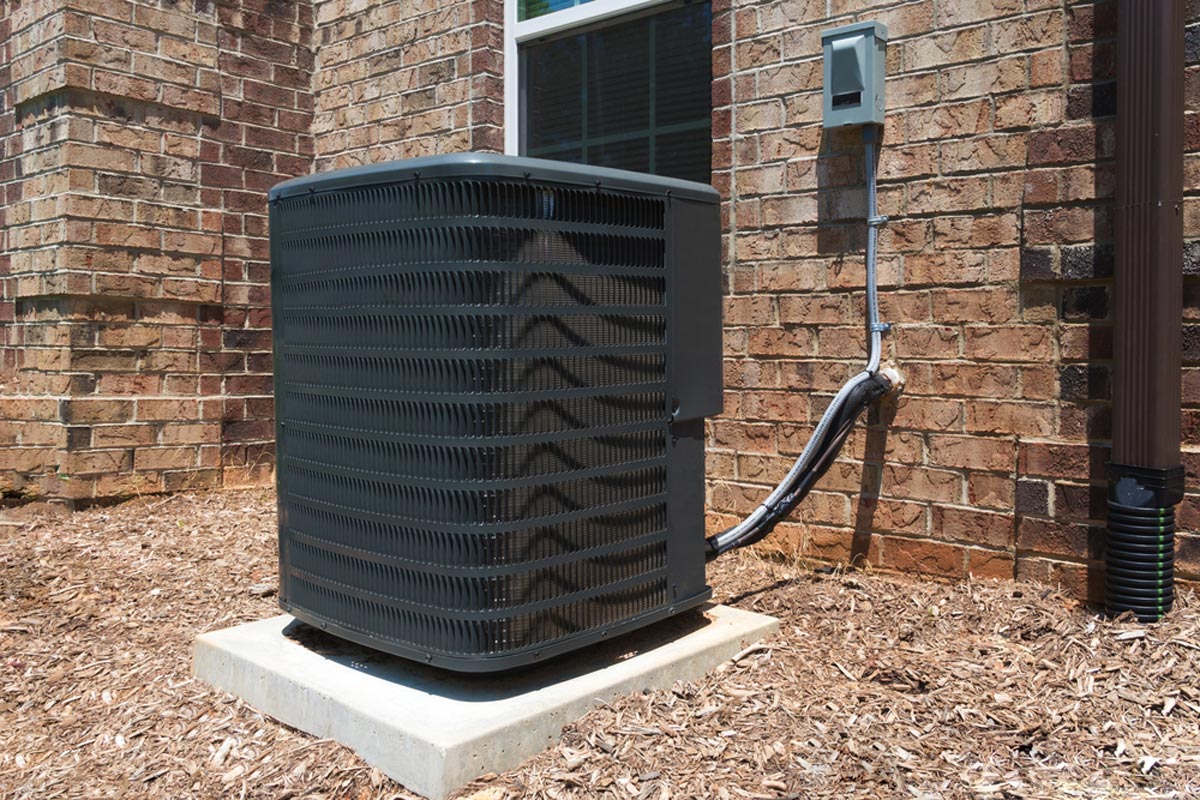

Articles
How Much Does A 4 Ton AC Unit Cost
Modified: February 28, 2024
Looking for articles about the cost of a 4-ton AC unit? Find out the average prices and factors to consider when purchasing a 4-ton air conditioning system.
(Many of the links in this article redirect to a specific reviewed product. Your purchase of these products through affiliate links helps to generate commission for Storables.com, at no extra cost. Learn more)
Introduction
When it comes to staying comfortable during the hot summer months, a reliable and efficient air conditioning (AC) unit is essential. If you’re considering installing or replacing a 4-ton AC unit, one of the first questions that may cross your mind is, “How much does it cost?” Understanding the factors that influence the cost of a 4-ton AC unit can help you make an informed decision and budget accordingly.
A 4-ton AC unit refers to its cooling capacity, which is measured in tons. A ton of cooling capacity is equivalent to 12,000 British Thermal Units (BTUs) per hour. A 4-ton AC unit can typically cool a space of around 1,600 to 2,000 square feet efficiently, making it ideal for medium to large-sized homes.
Before we delve into the cost details, it’s important to note that the prices mentioned in this article are estimates and can vary depending on factors such as location, HVAC contractor rates, and market fluctuations.
Key Takeaways:
- Investing in a 4-ton AC unit requires considering factors like size, energy efficiency, and brand quality. Budget for installation and ongoing maintenance to ensure long-term comfort and savings on energy bills.
- Understand the cost factors, average pricing, and importance of proper installation and maintenance for a 4-ton AC unit. Prioritize energy efficiency and brand quality to keep your home cool and comfortable.
Read more: How Much Does A 5 Ton Trane AC Unit Cost
Factors Affecting the Cost of a 4 Ton AC Unit
Several factors influence the cost of a 4-ton AC unit. Understanding these factors can help you assess the overall price and make an informed decision:
1. Size of the Unit
The size or cooling capacity of the AC unit is one of the most significant factors affecting its price. Generally, the larger the cooling capacity, the higher the cost. A 4-ton AC unit falls on the higher end of the spectrum in terms of size, which can increase its price compared to smaller units.
2. Energy Efficiency
The energy efficiency rating of an AC unit, measured by the Seasonal Energy Efficiency Ratio (SEER), plays a crucial role in determining its cost. Units with higher SEER ratings are more energy-efficient and tend to have a higher price tag upfront. However, they can lead to long-term savings in energy bills, making them a worthwhile investment.
3. Brand Quality
The brand of the AC unit can also impact its cost. Well-established brands with a reputation for quality and reliability often come with a higher price point. While there are budget-friendly options available, investing in a reputable brand can ensure longevity and performance.
Read more: How Much Does A Ductless AC Cost
4. Additional Features
Additional features such as advanced filtration systems, smart thermostats, and zoning capabilities can increase the cost of a 4-ton AC unit. These features provide added convenience, comfort, and energy savings, but they come at an additional expense.
Key Takeaways:
- Investing in a 4-ton AC unit requires considering factors like size, energy efficiency, and brand quality. Budget for installation and ongoing maintenance to ensure long-term comfort and savings on energy bills.
- Understand the cost factors, average pricing, and importance of proper installation and maintenance for a 4-ton AC unit. Prioritize energy efficiency and brand quality to keep your home cool and comfortable.
Read more: How Much Does A 5 Ton Trane AC Unit Cost
Factors Affecting the Cost of a 4 Ton AC Unit
Several factors play a role in determining the cost of a 4-ton AC unit. Understanding these factors will help you assess the overall price and make an informed decision when it comes to purchasing and installing your AC unit.
Size of the Unit
The size or cooling capacity of the AC unit is an important factor that influences its price. A 4-ton AC unit refers to its cooling capacity, which is equivalent to 48,000 BTUs per hour. This capacity is suitable for cooling medium to large-sized spaces, typically ranging from 1,600 to 2,000 square feet. Larger cooling capacities generally come with a higher price tag compared to smaller units due to the increased materials and components required.
Energy Efficiency
The energy efficiency rating of an AC unit is measured by the Seasonal Energy Efficiency Ratio (SEER). AC units with higher SEER ratings are more energy efficient and tend to have a higher initial cost. However, they can result in lower energy bills over time, making them a worthwhile investment. The SEER rating indicates how efficiently the unit uses electricity to cool a space. The higher the SEER rating, the more efficient the AC unit is in converting electricity into cool air, resulting in potential long-term cost savings.
Read more: How Much Does A New AC Cost
Brand Quality
The brand of the AC unit can also impact its cost. Well-established brands with a reputation for quality and reliability often come with a higher price point. These brands have typically invested in research and development, ensuring their products meet high standards of performance and durability. While there are budget-friendly options available from lesser-known brands, investing in a reputable brand can provide peace of mind and a longer lifespan for your AC unit.
Additional Features
AC units can come with various additional features that enhance comfort and energy efficiency but may also increase the overall cost. Some common additional features include:
- Advanced filtration systems: These systems help improve air quality by filtering out allergens, dust, and pollutants. They usually come in the form of high-efficiency particulate air (HEPA) filters or electrostatic filters.
- Smart thermostats: These thermostats allow you to control and program your AC unit remotely using your smartphone or other connected devices. They often have energy-saving features that can optimize cooling and reduce energy consumption.
- Zoning capabilities: Zoning systems allow you to divide your home into different cooling zones, each with its thermostat. This allows for more precise temperature control and energy savings by cooling only the occupied areas.
- Noise reduction technology: Some AC units come equipped with noise reduction technology, such as insulated cabinets and quiet fan motors, to minimize operational noise and provide a more peaceful environment.
While these additional features can improve your overall comfort and energy efficiency, they may add to the upfront cost of the AC unit. Consider your priorities and budget when deciding which features are necessary for your specific needs.
By considering the size of the unit, its energy efficiency, brand quality, and additional features, you can get a better understanding of the factors that influence the cost of a 4-ton AC unit. This knowledge will help you make an informed decision and choose an AC unit that fits your budget and cooling requirements.
Average Cost of a 4 Ton AC Unit
When it comes to the cost of a 4-ton AC unit, it’s essential to consider the overall price range. The cost can vary based on factors such as the type of unit, brand, efficiency rating, and additional features. Here, we’ll provide you with a general idea of the average cost range for basic, mid-range, and high-end 4-ton AC units.
Cost Range for Basic Units
Basic 4-ton AC units are often more budget-friendly options, suitable for those who prioritize affordability without compromising on essential cooling functionality. The cost range for basic 4-ton AC units typically falls between $2,000 and $3,500. These units usually come with a lower SEER rating and fewer advanced features.
It’s important to consider that while basic units may have a lower upfront cost, they may result in higher energy bills due to their lower energy efficiency. However, they can still effectively cool your space if you have moderate cooling needs and are on a tighter budget.
Read more: How Much Does AC Repair Cost
Cost Range for Mid-range Units
Mid-range 4-ton AC units offer a balance between price and performance. These units come with higher SEER ratings and additional features that enhance comfort and energy efficiency. The cost range for mid-range 4-ton AC units typically falls between $3,500 and $5,500. These units provide better energy efficiency, leading to potential long-term savings on energy bills.
Mid-range units are suitable for homeowners who want a higher level of cooling efficiency and features without reaching the price range of high-end units. They offer a good balance of affordability and performance.
Cost Range for High-End Units
High-end 4-ton AC units are top-of-the-line models, often equipped with the latest technologies and advanced features. These units typically come with the highest SEER ratings, premium brand quality, and enhanced comfort features. The cost range for high-end 4-ton AC units can range between $5,500 and $10,000 or more, depending on the specific unit and brand.
Investing in a high-end unit ensures maximum energy efficiency, long-lasting performance, and advanced features like variable-speed compressors, noise reduction technology, and smart home integration. These units are ideal for those who prioritize top-tier performance, energy savings, and cutting-edge technology.
It’s essential to consider not only the upfront cost but also the long-term benefits and overall value when choosing between basic, mid-range, and high-end 4-ton AC units. Consider your budget, cooling needs, and desired features to make the best decision for your home and comfort requirements.
Installation Costs for a 4 Ton AC Unit
When installing a 4-ton AC unit, it’s important to consider the installation costs that go beyond the price of the unit itself. Proper installation is crucial to ensure optimal performance and longevity of your AC system. Here are the two main factors that contribute to the installation costs of a 4-ton AC unit: labor charges and additional installation expenses.
Labor Charges
Labor charges typically account for a significant portion of the installation costs. The exact labor charges can vary depending on factors such as location, complexity of the installation, and contractor rates. On average, labor charges for installing a 4-ton AC unit may range from $1,000 to $2,500.
It’s important to hire a professional HVAC contractor who is experienced in AC installations and has the necessary licenses and certifications. Hiring a qualified technician ensures that the installation is done correctly, following industry standards and local building codes. While labor charges may seem high, investing in professional installation can prevent future problems and maximize the efficiency and lifespan of your AC unit.
Read more: How Much Does An AC Condenser Cost
Additional Installation Expenses
In addition to labor charges, there may be additional installation expenses that you should be aware of when installing a 4-ton AC unit. These expenses can include:
- Required permits and inspections: Depending on your location, you may need to obtain permits and have the installation inspected to meet local building codes. The cost of permits and inspections can vary, typically ranging from $100 to $500.
- Ductwork modifications or installation: If your existing ductwork is insufficient or in need of repair, additional expenses may be incurred for modifying or installing new ductwork. The cost of ductwork modifications can vary depending on the complexity of the project and the size of your home.
- Electrical work: A 4-ton AC unit requires a dedicated electrical circuit. If your electrical panel needs upgrading or if additional wiring is required, the cost of electrical work should be considered. Electrical work costs can range from $500 to $2,000 or more, depending on the extent of the work needed.
- Thermostat installation: If you are upgrading to a smart thermostat or if your existing thermostat needs to be replaced, there may be additional costs for the installation or wiring of the new thermostat.
It’s important to discuss these additional expenses with your HVAC contractor and factor them into your budget when planning for the installation of a 4-ton AC unit. Obtaining multiple quotes from different contractors can help you compare costs and make a more informed decision.
By considering both labor charges and additional installation expenses, you can have a clearer understanding of the total costs involved in installing a 4-ton AC unit. Proper installation is crucial for the efficient and effective operation of your AC system, so it’s worth investing in professional installation to ensure optimal performance and comfort in your home.
Maintenance and Repair Costs for a 4 Ton AC Unit
Maintaining and repairing your 4-ton AC unit is essential to keep it running smoothly and efficiently, ensuring optimal cooling performance. Consider the following factors when budgeting for maintenance and repair costs:
Regular Maintenance Expenses
Regular maintenance is crucial to prevent breakdowns, extend the lifespan of your AC unit, and maintain its performance efficiency. The following are common maintenance expenses to consider:
- Annual or bi-annual tune-ups: Regular tune-ups by a professional HVAC technician help identify and address any potential issues before they become major problems. These tune-ups typically include tasks such as cleaning the coils, checking refrigerant levels, inspecting electrical connections, and lubricating moving parts. The cost for a tune-up can range from $75 to $200, depending on your location and the complexity of the unit.
- Filter replacement: Regularly replacing the air filters is essential for maintaining good air quality and efficient airflow. Filters are generally inexpensive, ranging from $10 to $30 per filter, depending on the quality and type needed for your AC unit.
- Cleaning and maintenance supplies: It’s a good practice to regularly clean and maintain the outdoor condenser unit and indoor components of your AC system. This may require purchasing cleaning products, coil cleaner, and other supplies, which can cost around $20 to $50 per cleaning.
Investing in regular maintenance helps prevent costly repairs down the line and improves the efficiency and longevity of your AC unit.
Common Repair Costs
Despite regular maintenance, there may be times when your 4-ton AC unit requires repairs. Common repair costs can include:
- Refrigerant leak repairs and recharging: If your AC unit has a refrigerant leak, a professional technician will need to locate and repair the leak and recharge the refrigerant. The cost for this repair can range from $200 to $1,500, depending on the severity of the leak and the type of refrigerant used.
- Motor or fan replacement: If the motor or fan in your AC unit fails, it will need to be replaced. The cost for motor or fan replacement can range from $250 to $1,000 depending on the type and model of your AC unit.
- Compressor replacement: The compressor is a critical component of the AC unit. If it fails, it will need to be replaced, which can be a significant expense. The cost for compressor replacement can range from $1,500 to $3,000 or more.
The cost of repairs can vary depending on the specific issue, parts needed, and the complexity of the AC unit. It’s important to consult with a professional HVAC technician to diagnose the problem correctly and provide an accurate estimate for repairs.
By budgeting for regular maintenance expenses and being prepared for common repair costs, you can ensure the proper upkeep and functionality of your 4-ton AC unit. Regular maintenance and addressing repair needs promptly will help maximize the lifespan of your system and provide efficient cooling for years to come.
Read more: How Much For A 3 Ton AC Unit
Conclusion
When considering the purchase, installation, and maintenance of a 4-ton AC unit, it’s important to take various factors into account. Understanding the cost factors, average pricing, and the importance of proper installation and maintenance will help you make informed decisions and ensure optimal performance and longevity of your AC system.
The cost of a 4-ton AC unit can vary depending on factors such as the size, energy efficiency, brand quality, and additional features. Basic units, with lower SEER ratings and fewer advanced features, generally have a more budget-friendly price range of $2,000 to $3,500. Mid-range units, offering a balance between price and performance, fall within the range of $3,500 to $5,500. High-end units, with the highest SEER ratings and advanced features, can range from $5,500 to $10,000 or more.
Installation costs for a 4-ton AC unit consist of labor charges and additional installation expenses. Labor charges typically range from $1,000 to $2,500, depending on the complexity of the installation. Additional expenses, such as permits, ductwork modifications, electrical work, and thermostats, should also be considered when budgeting for installation.
Maintenance and repair costs are an ongoing consideration with any AC unit. Regular maintenance expenses, including annual or bi-annual tune-ups, filter replacements, and cleaning supplies, help maintain optimal performance and cost between $75 to $200 per service. Common repair costs, such as refrigerant leak repairs, motor or fan replacements, and compressor replacements, can range from $200 to $3,000 depending on the issue and the AC unit’s components.
In conclusion, investing in a 4-ton AC unit requires careful consideration of the initial cost, installation expenses, and ongoing maintenance and repair costs. Prioritize energy efficiency and brand quality to ensure long-term savings on energy bills and reliable performance. Professional installation by a qualified HVAC technician is crucial to ensure the unit’s proper functioning and efficiency. Regular maintenance and addressing repairs promptly will help maximize the lifespan of your AC unit and provide efficient and comfortable cooling for your home.
By considering these factors, understanding the average costs involved, and working with reputable HVAC professionals, you can make informed decisions to keep your home cool and comfortable during the hot summer months.
Frequently Asked Questions about How Much Does A 4 Ton AC Unit Cost
Was this page helpful?
At Storables.com, we guarantee accurate and reliable information. Our content, validated by Expert Board Contributors, is crafted following stringent Editorial Policies. We're committed to providing you with well-researched, expert-backed insights for all your informational needs.
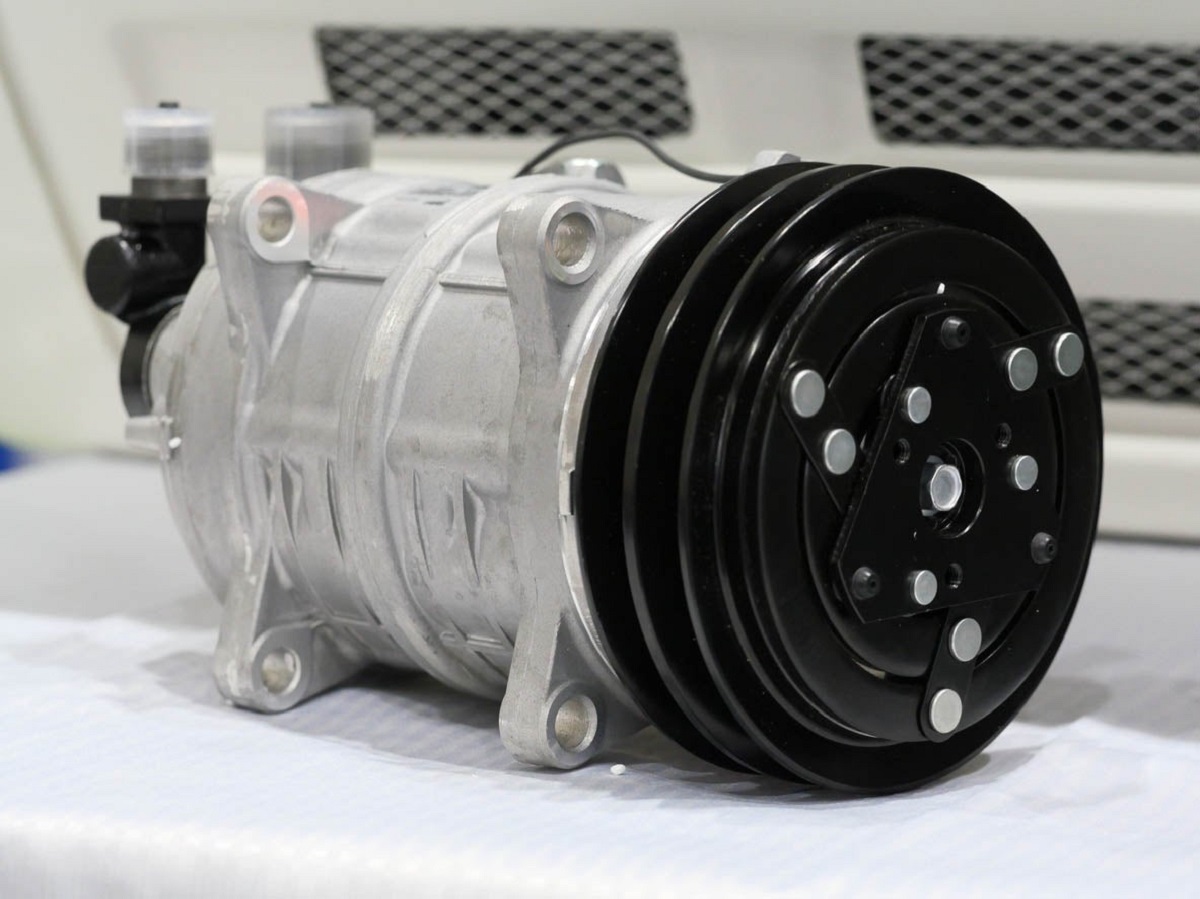
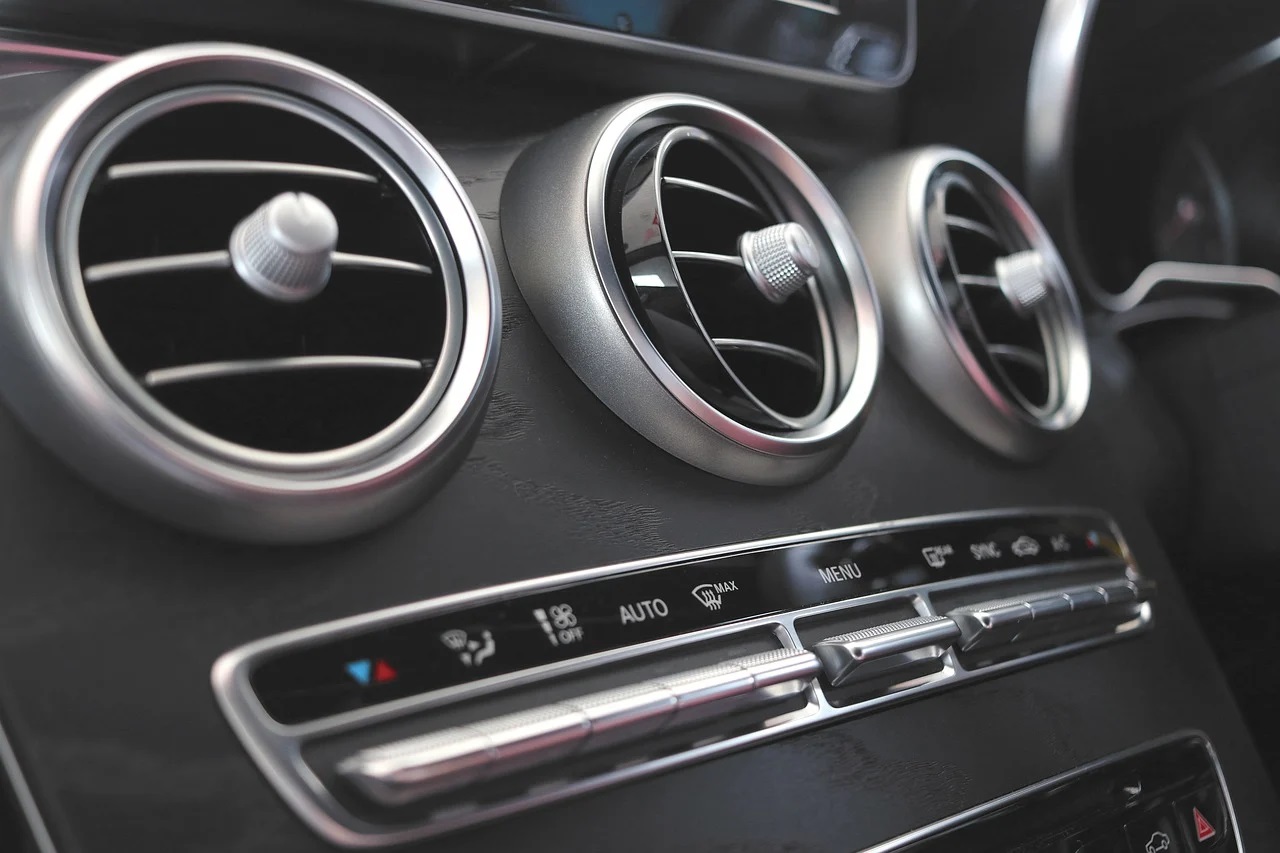
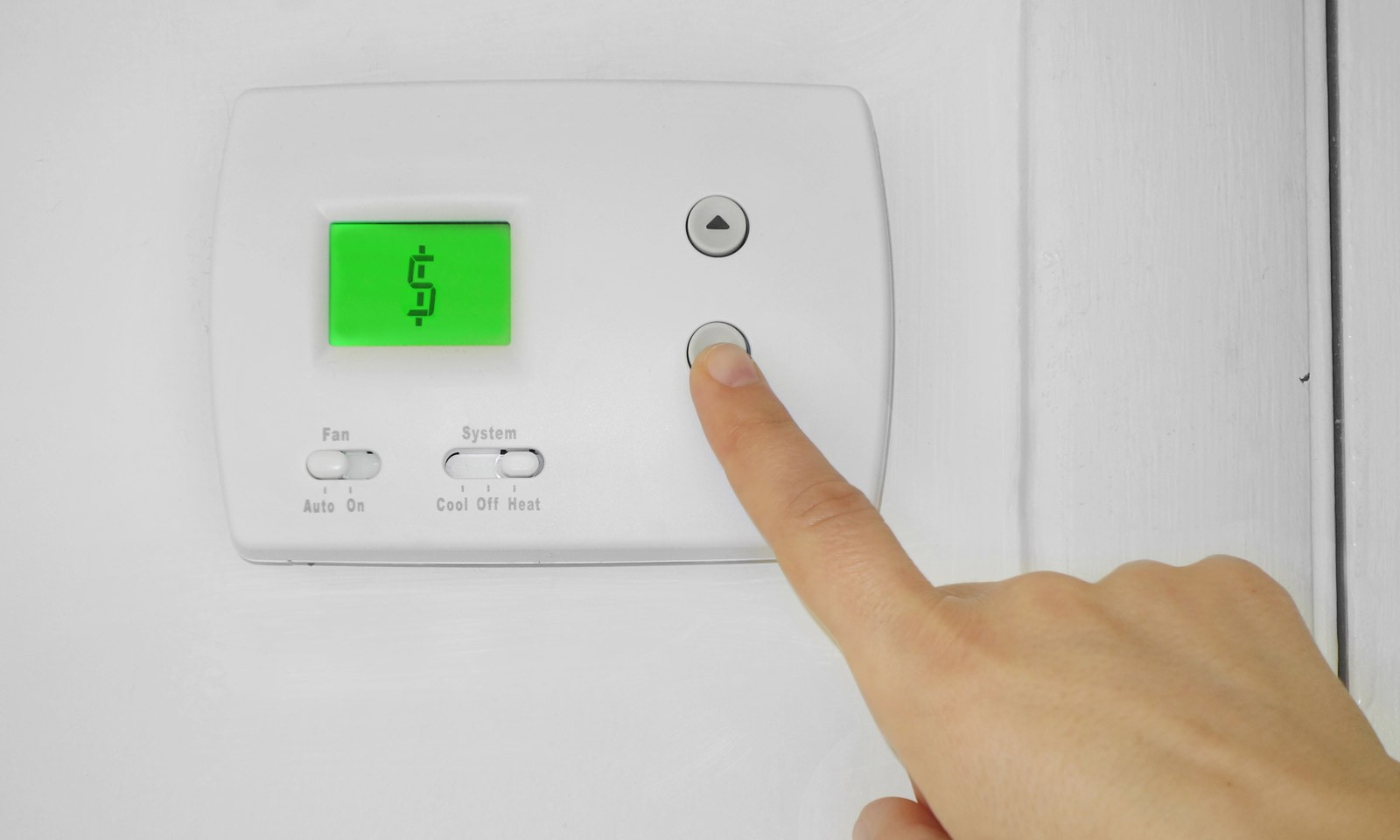
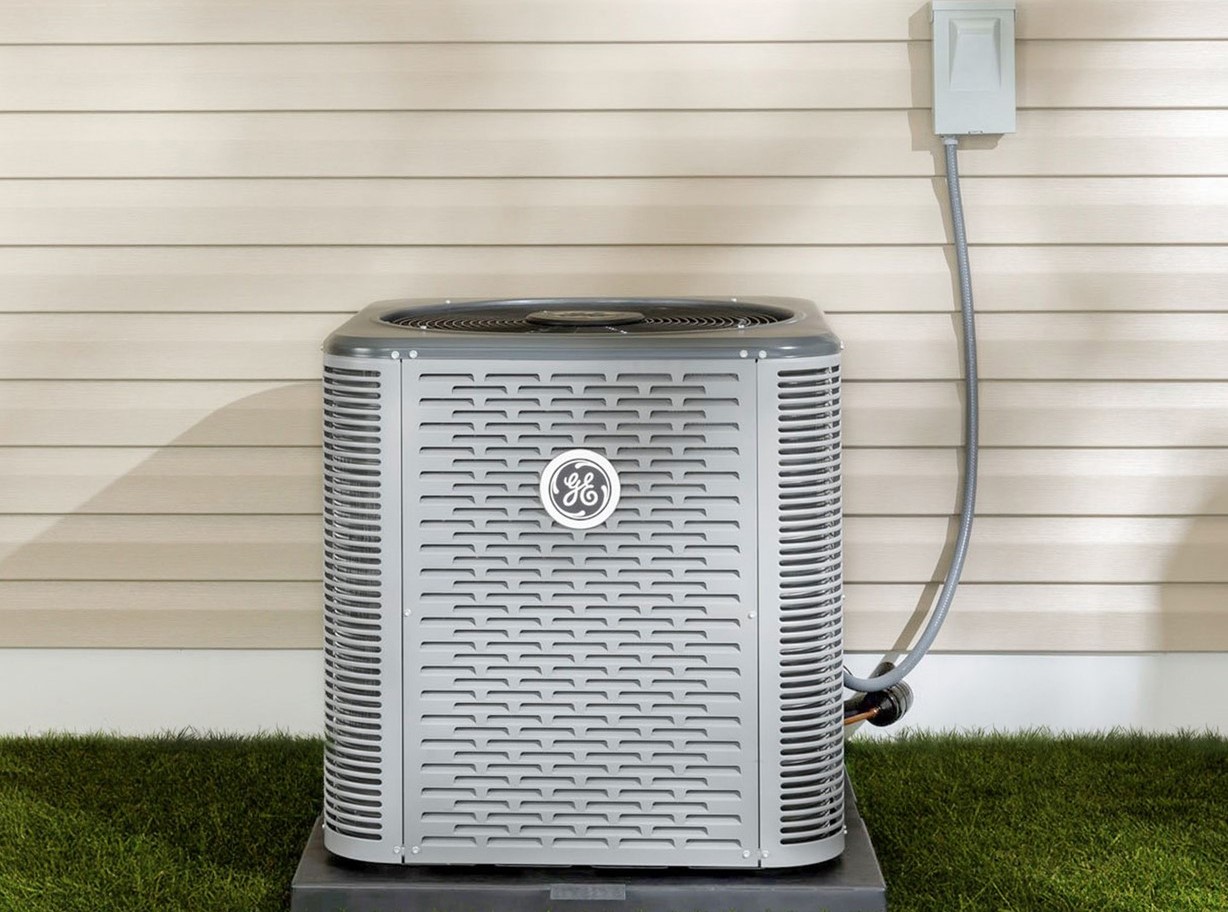
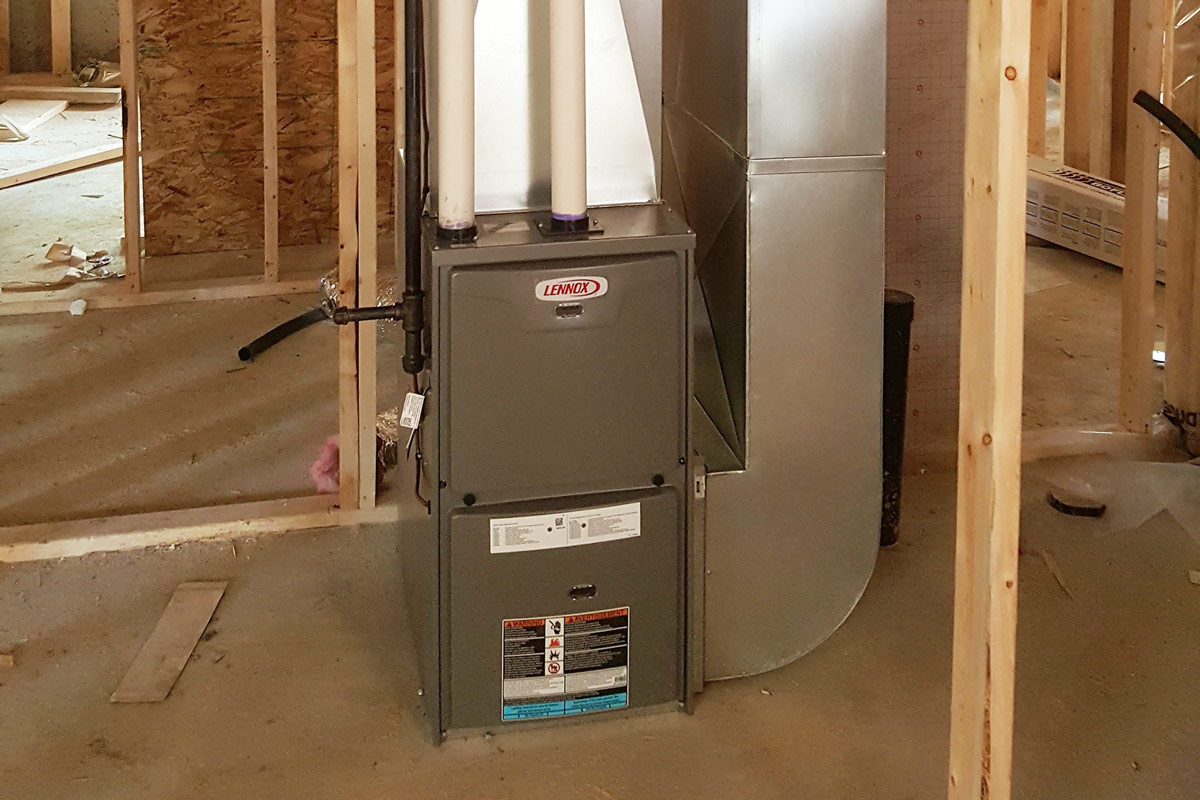
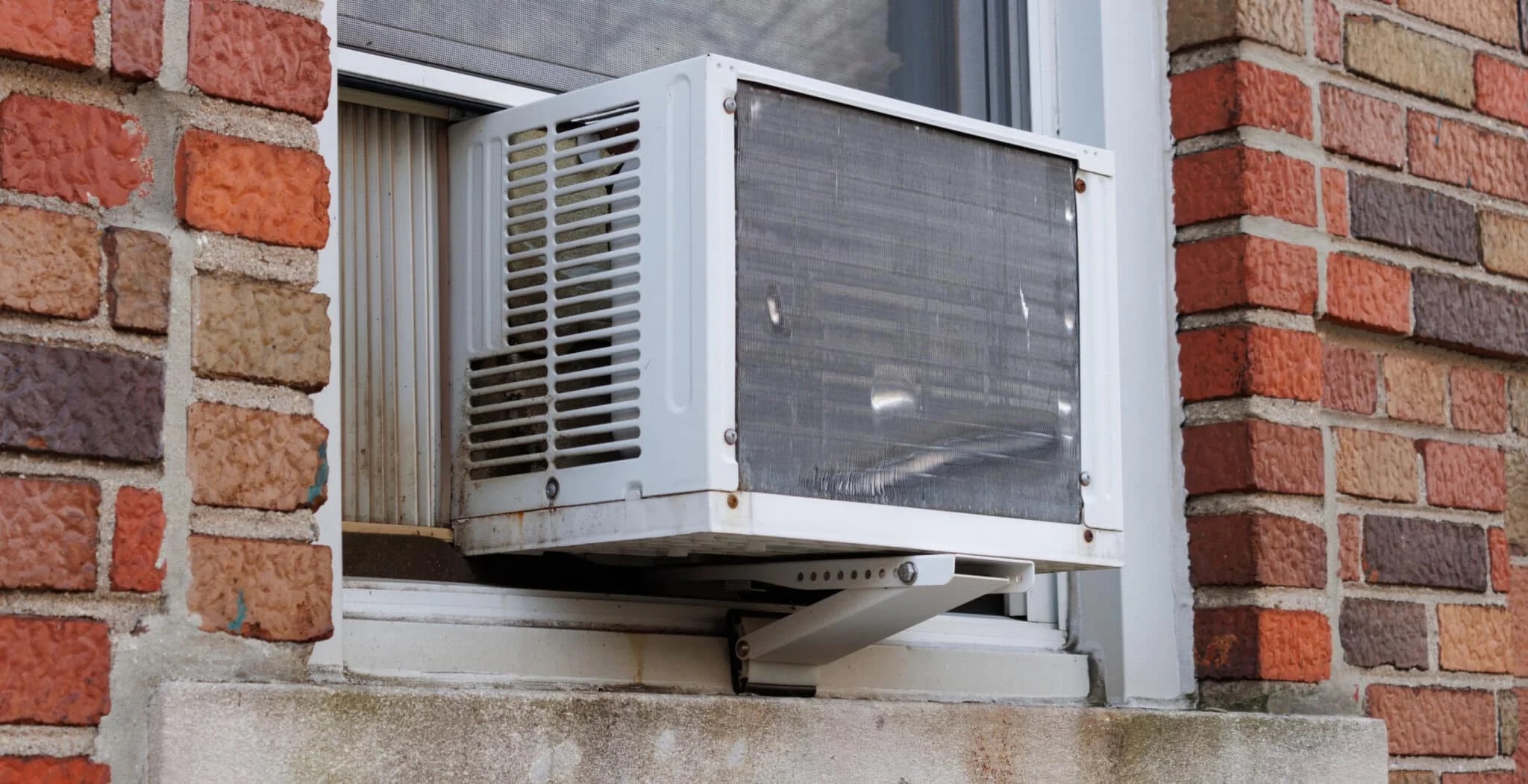
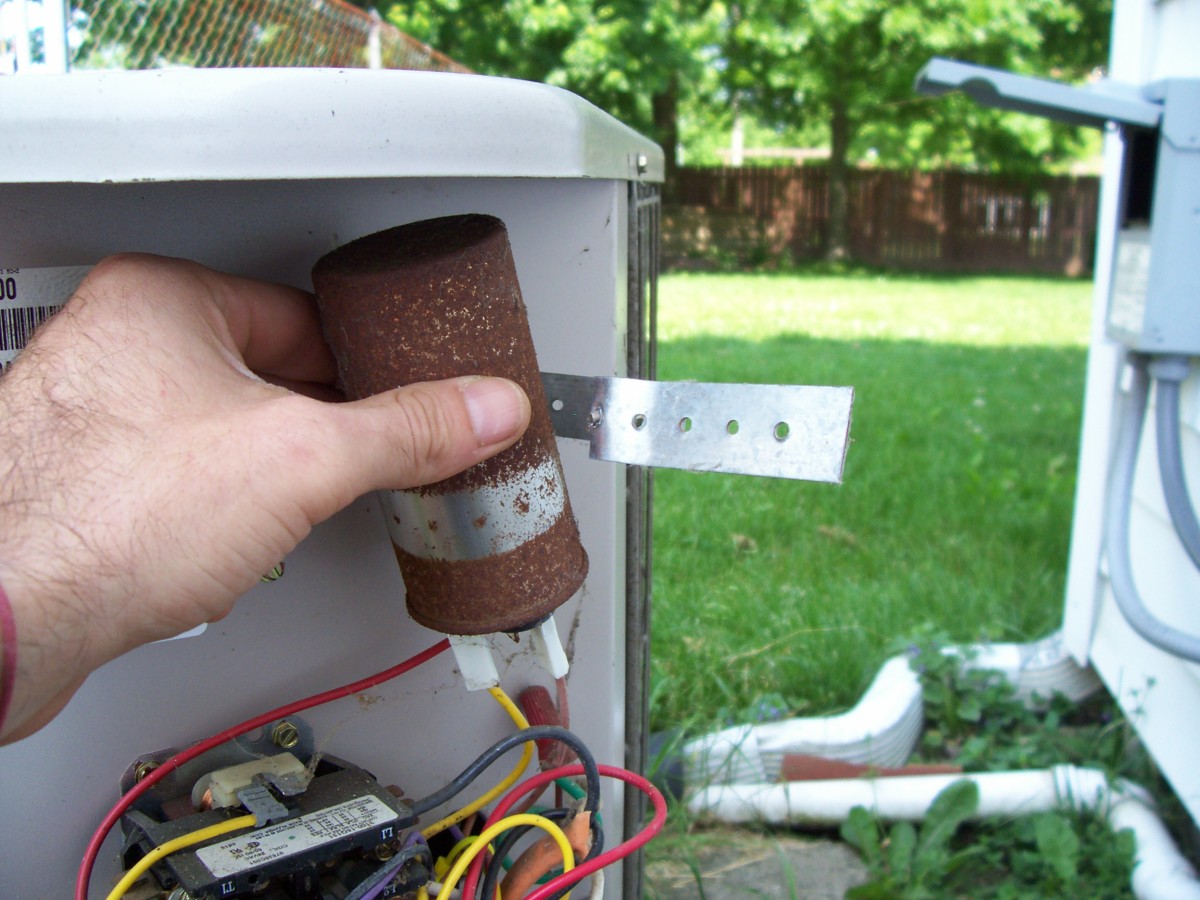
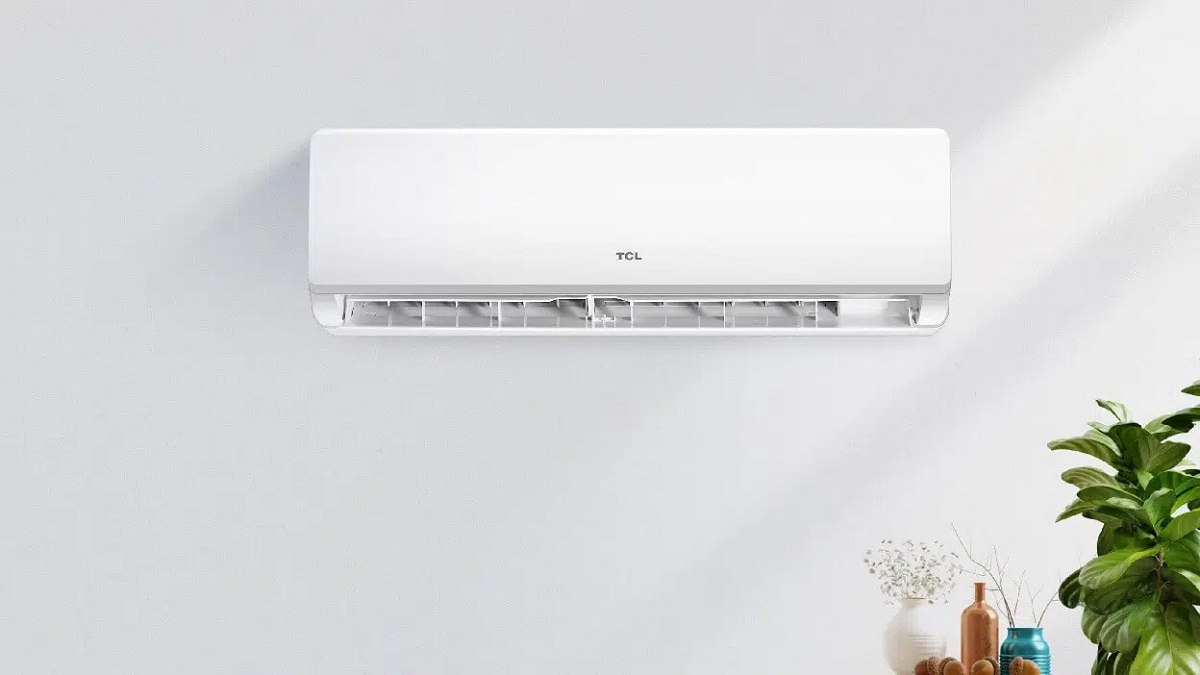
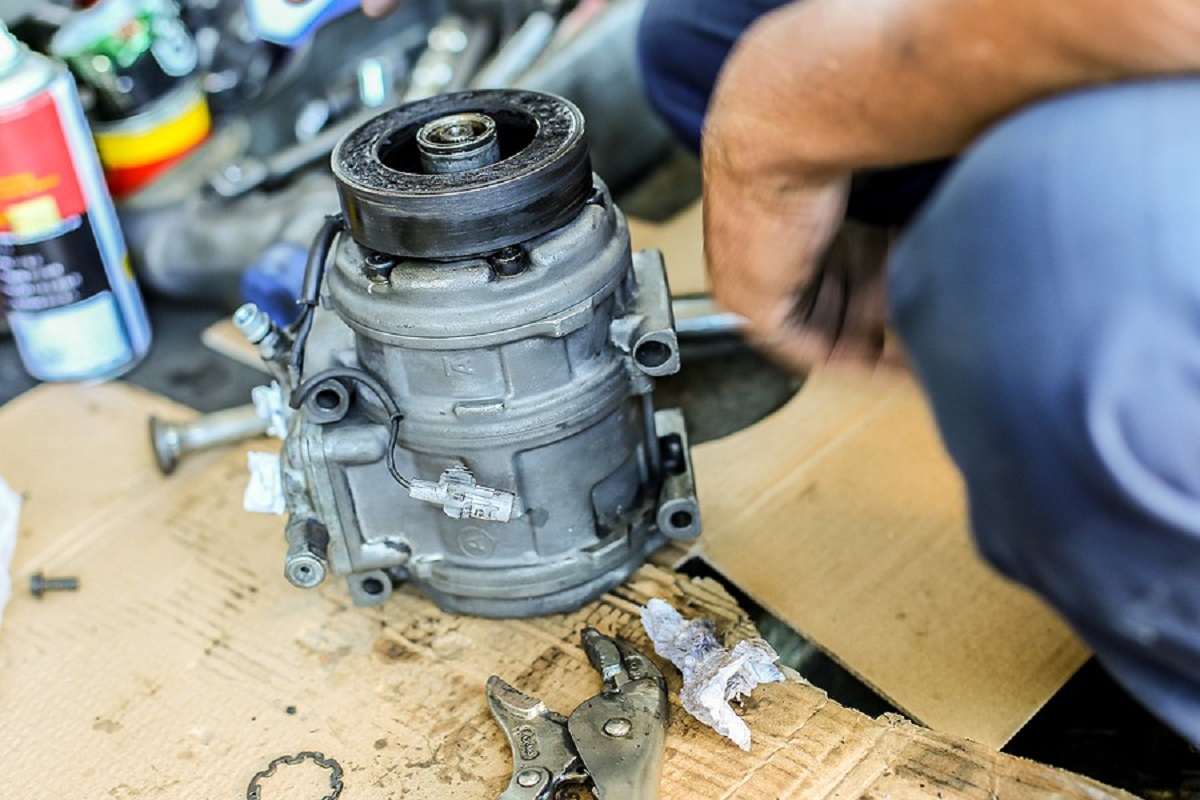
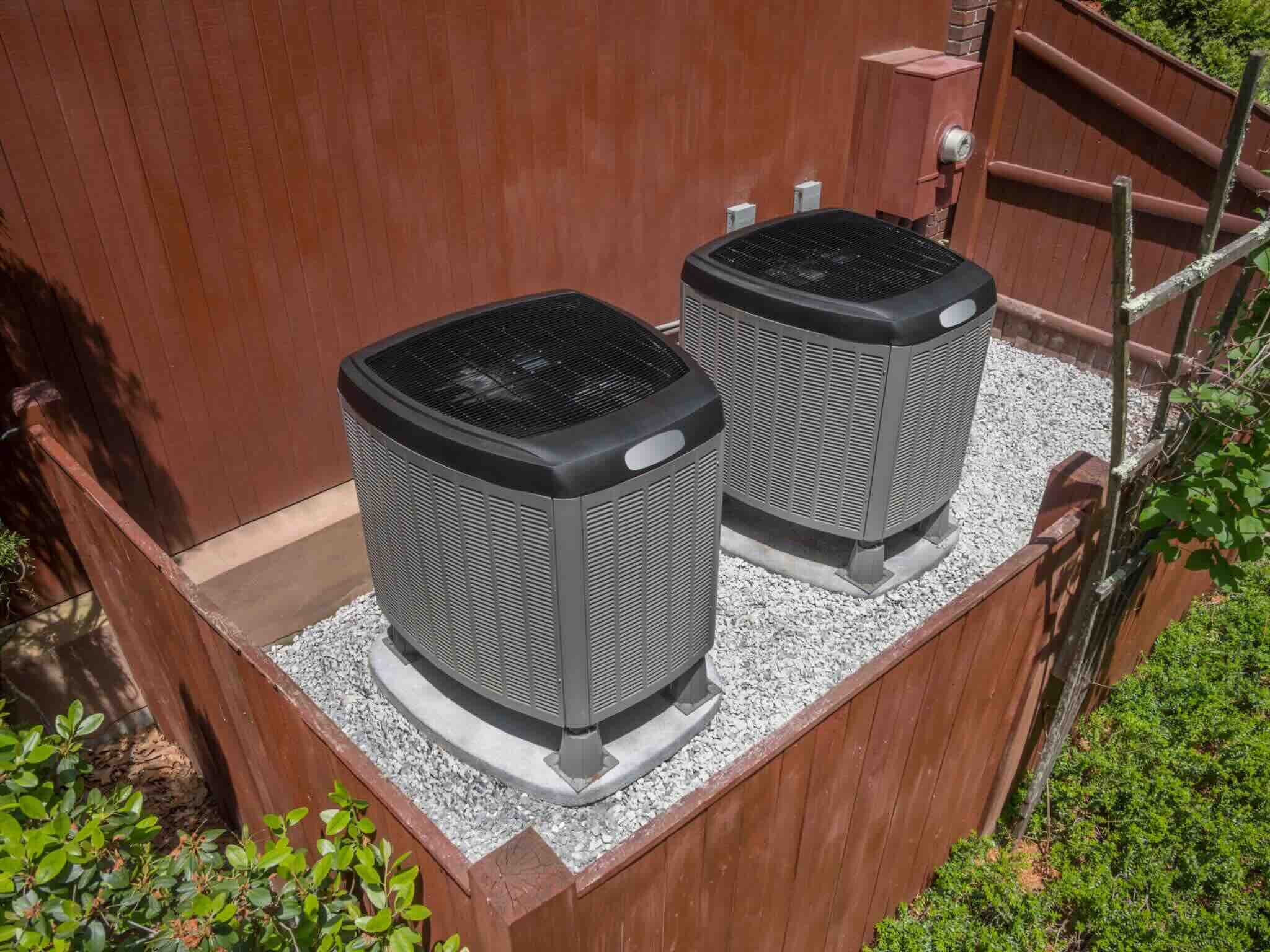

0 thoughts on “How Much Does A 4 Ton AC Unit Cost”